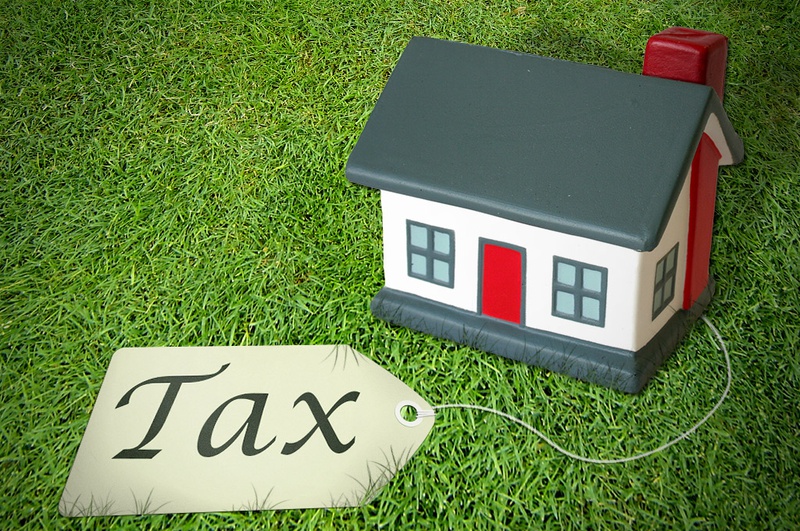When you buy a home, you may wonder who should pay for the first year Real Estate Taxes? The seller should pay the taxes from the beginning of the year until the date of closing, and allowing the buyer to pay the taxes due after closing to the end of the year. Resulting in each party to pay for taxes during the time they owned.
Seller-Buyer Split of Real Estate Taxes
In the event, the seller has already paid the taxes for the entire year. Then the buyer should reimburse the seller for the prorated share. If all of the taxes are still owed, then the seller should be charged a prorated share placing that amount in escrow.
Tax payments are arranged through the sale contract when buying or selling a home. The written offer will stipulate the requirements, which would be each party pay their portion of the tax.
Who Takes Real Estate Tax Deductions
When the buyer files taxes for the year, they will be able to deduct the real estate taxes they paid as an itemized deduction. For tax purposes, the IRS treats the seller as having paid the property taxes up to the date of sale, and the buyer has paid the taxes due after the time of purchase.
Why Mortgage Lenders Are Interested in Property Taxes
If you have purchased a home in the past you may remember the first question the lender will ask is about the property taxes. Lenders want to be sure the property taxes are current. Unpaid property taxes are a superior lien to the rights of the lender. If a property is foreclosed on the lender would have to pay the property taxes in order to get the property back.
This is why lenders will include a provision in that loan that you pay the property taxes, and failure to do so can result in foreclosure. Even if your mortgage payments are current they can still theoretically foreclose on the property.


Share This
Share this post with your friends!